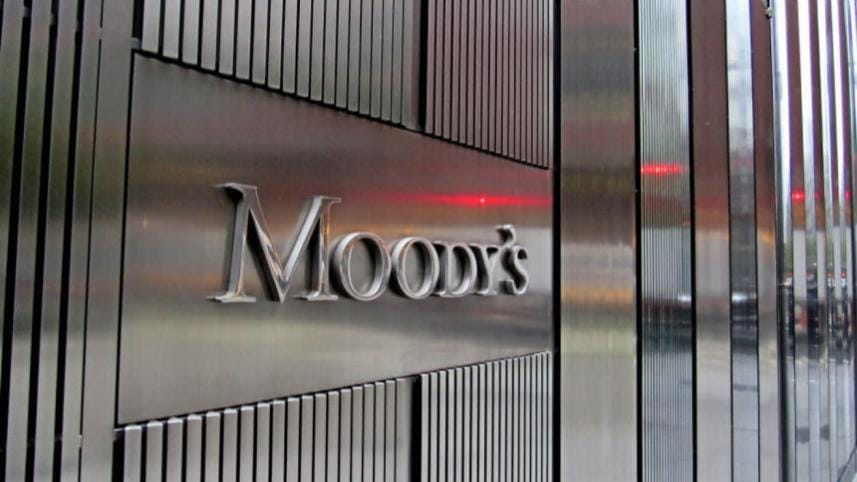Trump tariff shock: Bangladeshi banks among most exposed in Asia-Pacific

Bangladesh's banks are among the most vulnerable in Asia-Pacific to a sweeping hike in US import tariffs, Moody's Ratings said, warning that the country's heavy dependence on garment exports and fragile financial buffers have left its banking sector exposed to rising credit stress.
In a report released yesterday, Moody's said banks in Bangladesh, Vietnam and Thailand will be hit the hardest in the region.
"The higher tariffs are more negative, on a relative basis, for banks in Vietnam (Ba2 stable), Thailand (Baa1 stable) and Bangladesh (B2 negative) because of their economies' higher reliance on exports to the US compared with other economies in the region," Moody's said.
"In these three countries, a moderation in exports to the US will hurt economic growth, straining loan growth for banks and hurting loan quality," the agency said.
For Bangladesh, the tariff shock comes amid a slowdown in economic growth and persistent weaknesses in the banking system, including poor asset quality and low capital buffers.
"US tariffs are now very high for exports from Vietnam, Thailand and Bangladesh and the first two are more dependent on exports to the US in terms of domestic value added in gross exports. Much higher US tariffs will lower their economic growth, with the resulting strain trickling down to banks," Moody's said.
"For Bangladesh, higher US tariffs will depress the already weak operating environment for banks amid a slowdown in the country's economic growth."
The US has raised average tariffs on Bangladeshi goods to 37 percent, more than tripling the previous rate of 11 percent. The blow will fall squarely on the country's garment sector, which accounts for over 85 percent of total exports and is already grappling with supply chain disruptions and labour issues following last year's political and social unrest.
Roughly 20 percent of Bangladesh's banking sector exposure is linked to the garment industry, making it particularly susceptible to credit deterioration, according to Moody's.
Moody's warned that loan quality in the garment sector is likely to deteriorate further, increasing strain on a banking system already facing negative outlooks. While Bangladeshi banks have relatively low direct lending to small and midsize enterprises -- less than 10 percent, compared to around 20 percent in Thailand and Vietnam -- their sector concentration in garments adds a different kind of vulnerability.
"Among the three banking systems most affected, banks in Bangladesh and Vietnam have the lowest capital and provisioning buffers against potentially higher problem loans," Moody's said.
Banks in Vietnam and Thailand, while also highly exposed, have slightly more diversified economic bases or stronger credit loss-absorbing capacity. Thai banks in particular have longstanding challenges with SME loans but benefit from more robust provisioning.
In contrast, the impact of the tariffs on larger Asia-Pacific economies like China, India, Japan and South Korea is expected to be moderate. These countries either export less to the US relative to GDP or have more diversified industrial bases.
For example, China's US-bound exports made up less than 3 percent of GDP in 2024. Additionally, Taiwanese chipmakers -- some of the region's largest exporters -- have been exempted from new tariffs.
Australia, New Zealand, Singapore and the Philippines face the lowest additional tariff rates and are expected to see limited financial spillovers.
Across the region, Moody's expects central banks to respond with interest rate cuts or regulatory relief to cushion borrowers in export-facing industries. But for countries like Bangladesh, the credit rating agency said such moves may not be enough without broader structural reforms.
"The asset quality for RMG and related sectors will deteriorate," Moody's said, underscoring the need for policy support and longer-term export diversification to protect financial stability.



 For all latest news, follow The Daily Star's Google News channel.
For all latest news, follow The Daily Star's Google News channel.
Comments